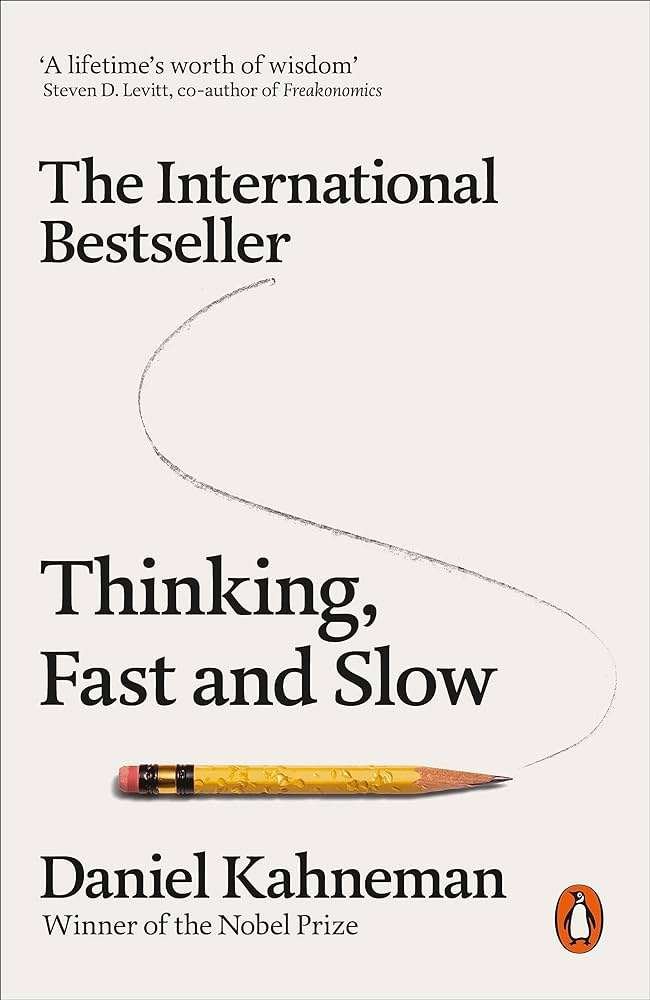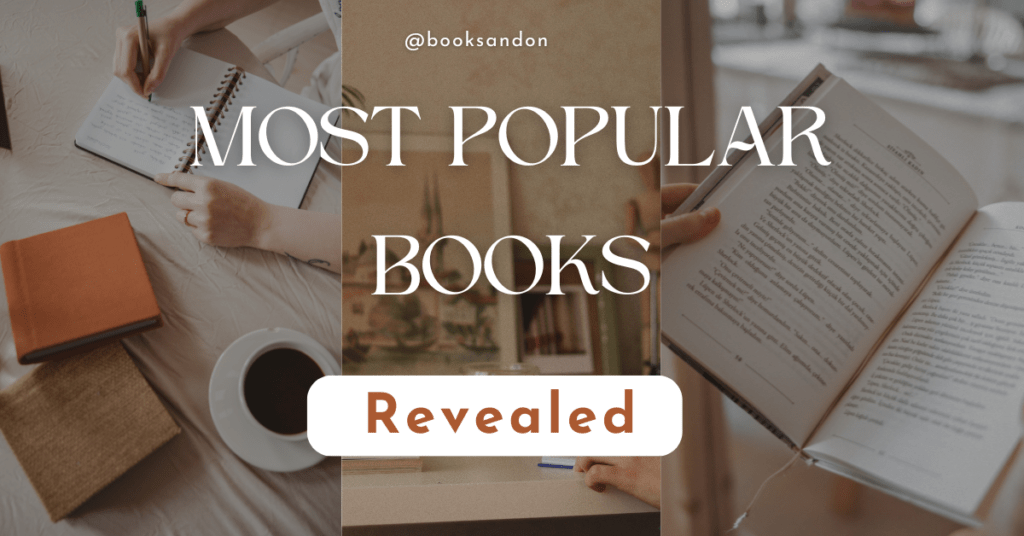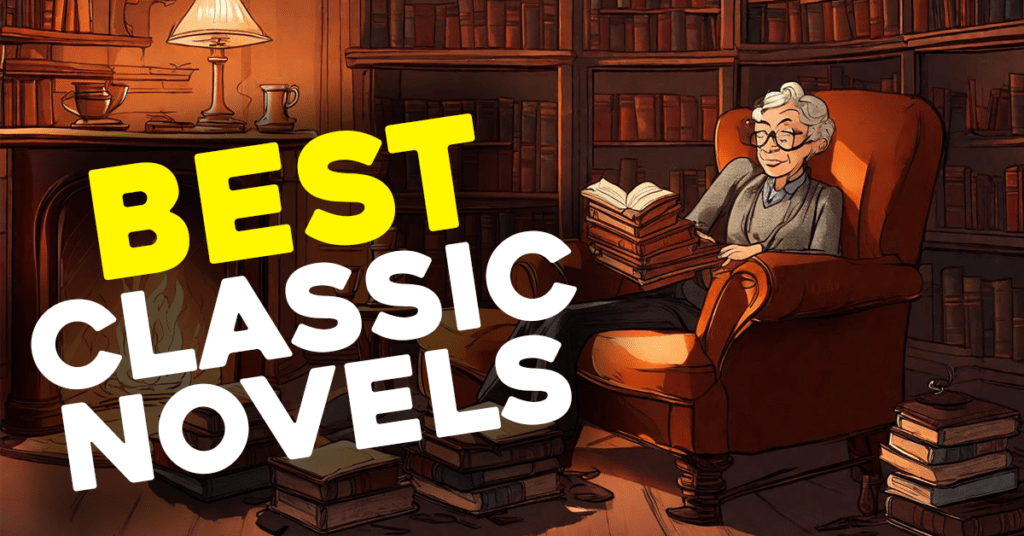Introduction to Critical Thinking
Defining Critical Thinking
The backbone of critical thinking is looking at facts and making a judgement. This includes things like logic, evidence-based decision-making. – Critical Thinking Books
The Essence of Critical Thinking
In the same way, due to a flood of information in our world critical thinking is important. It helps by steering us around complicated predicaments so that we can finally decide to take the wise path and avoid any misleading knowledge.
Critical Thinking through History
Critical thinking traces back to Socratic questioning in ancient Greece, and has been affirmed by the philosophers of Enlightenment as an essential element within intellectual progress.

Books to Develop Critical Thinking Skills
Educational Value of Reading
Reading opens our eyes to different points of view. Reading books is a boon to develop thinking skills
Reasons Diverse Perspectives Matter, According to Books
Through the arts of books, delivered straight into our reality – pushing us to look at human culture(s) differently and take a second (or 3rd or fourth) chance.
Books vs. Other Learning Methods
Books tend to delve deep into the topic at hand thereby allowing some time for engagement with ideas whereas other forms of learning lets one to explore a surface level understanding.
Selecting Critical Thinking Books
Clarity and Readability
Publishing this type of book has always been surprisingly, fantastically simple: these are the kind books that should be easy and lucid while dealing with complex matters.
Author Credibility
The need for credible authors who are experts in their domain is a prerequisite to respond with useful fact.
Practical Applications
Learning is easier when abstract concepts become real, and textbooks that supply ready answers take away the struggle.

Must-Read Critical Thinking Books
Daniel Kahneman – Thinking, Fast and Slow
Overview and Key Concepts
This book is an investigation into the two systems of thought, System 1 (quick thinking and instinctive thinking) vs. System 2 (melodious reasoning).
Real-World Applications
The research of Kahneman can be very useful when making decisions in your personal and business life.
Criticisms and Limitations
Critics say the book is too long and painful to read, its systems dichotomy overstated.
Richard Paul and Linda Elder, The Art of Asking Essential Questions by “Awaiting” ], Martin – written as we celebrate the life’s work.
Overview and Key Concepts
The book also provides a framework to understand and improving critical thinking capabilities.
Practical Exercises
The book provides real-life exercises to increase your critical thinking abilities regularly.
Strengths and Weaknesses
It is, however, a bit more elevated then other texts so if you dont have much experience reading academic writing be warned.
How to Read a book by Mortimer J. Adler and Charles Van Doren
Overview and Key Concepts
This guide covers effective reading methods for a variety of genres.
How To Read – Practical Reading Skills
The first is specific techniques such as scanning and critical reading.
Limitations and Criticisms
Critics who are more realistic of this model call it almost puritanical and or just outdated.



Current critical thinking resource texts
The Demon-Haunted World, by Carl Sagan
Overview and Key Concepts
Sagan advocates skepticism in science and the questioning of beliefs.
Application to Modern Issues
You can apply the knowledge from this book to be less susceptible to pseudo-science or misinformation.
Book’s Impact on Readers
Personally I have found this book to be somewhat of a revelation, in other words it will make you think about things more critically.
Thinking in Bets by Annie Duke
Overview and Key Concepts
This is a poker based book on decision making under uncertainty.
Real-World Applications
The Duke methods will help you make better decisions in all areas of life as well: not just business.
Reception & Criticism By The Audiences
It is known for its pearls of wisdom, but the poker analogies may get cliche.
You Are Not So Smart, by David McRaney
Overview and Key Concepts
McRaney so adeptly dismantles the myths and cognitive biases of brains at play.
Busting Myths
The chapters are bite-sized and apply to a specific bias.
Feedback from Readers & Limitations
Those who prefer a more curated experience might well decry the blog-like format, despite its engaging nature.



Books focused strictly on critical thinking.
Nonsense: The Power of Not KnowingJamie Holmes
Overview and Key Concepts
In The Art of Creativity, Holmes looks at how uncertainty can help you embrace creativity and tackle problem-solving.
The Good Things About Being Undefineable
Instead, sometimes not knowing can lead to stronger questioning and deeper understanding.
Criticisms and Strengths
This can be a strength or weakness, depending on who is talking; some laud it for its innovative format while others consider that creativity mostly an illusion.
Super Forecasting by Philip E. Tetlock and Dan M. Gardner
Overview and Key Concepts
The book describes the methods of so-called superforecasters, people unusually good at predicting future outcomes.
Methods for Improved Prediction Accuracy
Offers pragmatic advice for improving forecasting skills
Reception and Criticism
Good, but some say the advice is hard to follow.
The Art of Thinking Clearly by Rolf Dobelli
Overview and Key Concepts
Dobelli goes into the cognitive biases that affect our decision-making.
Casual Ideas on Real-World Thinking
Gives solid advice on avoiding everyday thinking errors.
Critique & Props from Readers
Often lauded for its readability but critiqued as too superficial.



Implementing Critical Thinking in Everyday Life
Other than reading relentlessly, another surefire strategy can be seeing to how you apply the practical advice found in your material; here are a couple of insights that aim at directing the resolute reader on what is necessary for maintaining this exercise.
Daily Exercises and Habits
This daily period of reflection and questioning is essential to thinking critically.
You can also indulge in some journaling or self-reflection.
Practice writing out your thought process and rationale for how you came to achieve a particular result as an additional task that can then be analyzed later on once again in order to surface any patterns or biases.
Book Clubs and Discussion Groups
Barriers to Critical Thinking
Addressing Cognitive Biases
Being aware of your cognitive biases is the first step toward overcoming them. By recognizing when your judgment is clouded, you can take active steps to counter these biases, leading to more objective and balanced decision-making.
Developing a Growth Mindset
Cultivating a growth mindset encourages a focus on learning rather than fearing failure. Embrace challenges as opportunities to grow and learn, rather than as obstacles to success, and you’ll continually evolve in both your personal and professional life.
Handling Information Overload
In today’s information-saturated world, it’s crucial to select your sources wisely. By curating your information carefully, you can avoid feeling overwhelmed and instead focus on high-quality content that adds value to your knowledge and decision-making process.

Continual Learning
The Significance of Lifelong Learning
Lifelong learning is essential for staying mentally agile and prepared for the ever-evolving challenges life presents. Constantly acquiring new knowledge and skills helps you adapt to change and fosters personal growth, making it a cornerstone of success and fulfillment.
Regular Reading Practices
Incorporating regular reading into your daily routine ensures you’re continuously exposed to new ideas and perspectives. Daily reading not only improves your cognitive abilities but also keeps you informed and inspired, turning you into a constant source of fresh insights.
Going Beyond the Lists
Don’t limit yourself to predefined reading lists. Always seek out new material, explore different genres, and dive into topics you haven’t yet discovered. This habit of curiosity will expand your knowledge base, allowing you to stay intellectually engaged and open to new possibilities.
Conclusion
Summary – Critical Thinking Reading List
In this reading list, we’ve featured some of the most important works on critical thinking, ranging from timeless classics like Thinking, Fast and Slow by Daniel Kahneman to modern explorations like Thinking in Bets by Annie Duke. These books serve as essential tools for anyone looking to sharpen their analytical skills, enhance decision-making, and cultivate a more thoughtful approach to life. They provide frameworks and strategies that challenge the way we think, helping readers become more mindful, reflective, and intentional in their reasoning.
Perspective is Everything
One of the key benefits of reading critically is that it expands your perspective. The diverse ideas and arguments found in these books expose you to a range of viewpoints, enabling you to think more broadly and critically about the world. Whether it’s questioning assumptions, analyzing biases, or evaluating evidence, reading widely enhances your ability to think outside the box and approach problems from different angles. The more diverse the books you read, the greater your ability to dissect complex issues and form well-rounded opinions.
Motivating to Apply What You Learn However
Reading about critical thinking is only half the battle—it’s crucial to put these insights into practice. The real value of this reading list comes when you apply what you’ve learned to your daily life. Whether it’s making better decisions, engaging in more thoughtful conversations, or simply becoming more aware of your cognitive biases, integrating these lessons into your routine will help you become a more effective thinker. Continuously reflecting on and adapting the strategies from these books will allow you to see noticeable improvements in both your personal and professional life over time.

FAQs
Which book should I start with if I’m new to critical thinking?
“Critical Thinking” by Richard Paul and Linda Elder is a great starting point due to its structured approach and practical exercises.
How can I apply what I read in these books to my professional life?
Use the techniques and insights to improve decision-making, problem-solving, and team collaboration in your workplace.
Are there any online resources that complement these books?
Websites like Coursera and Khan Academy offer courses that can enhance your critical thinking skills.
How do I stay motivated while reading challenging material?
Set small goals, take notes, and participate in discussions to keep yourself engaged and motivated.
Can these books improve decision-making skills?
Absolutely, the concepts and techniques discussed in these books are designed to enhance your decision-making capabilities.
Check Out The Sources
Check Out More


